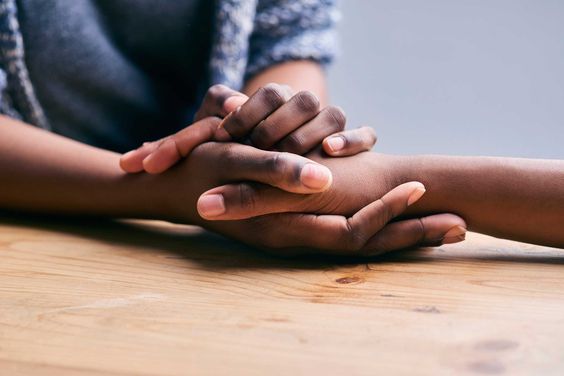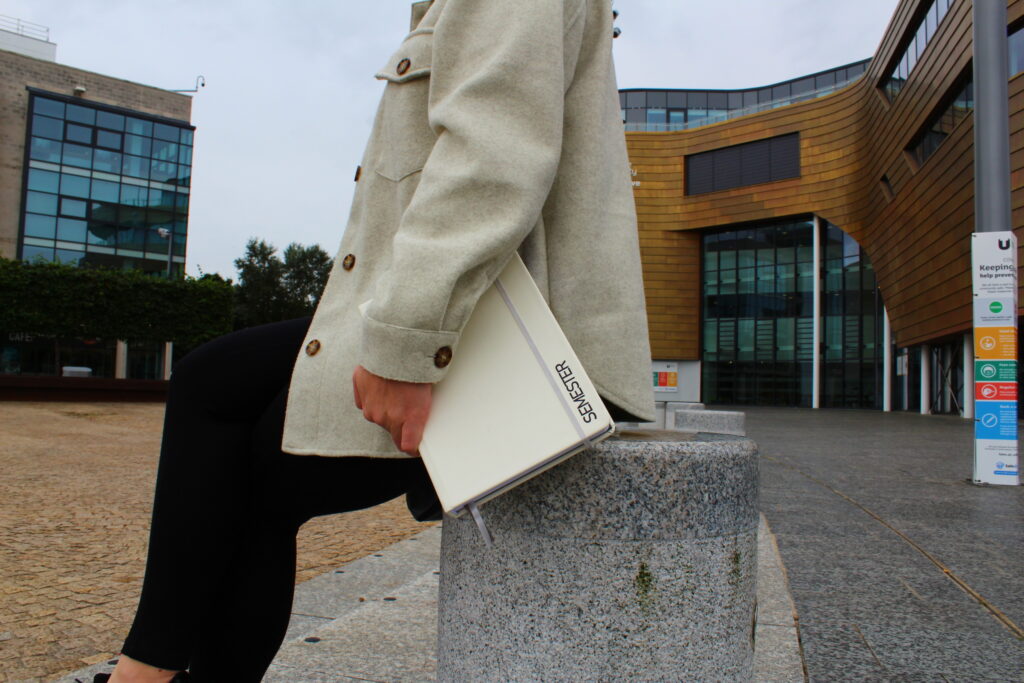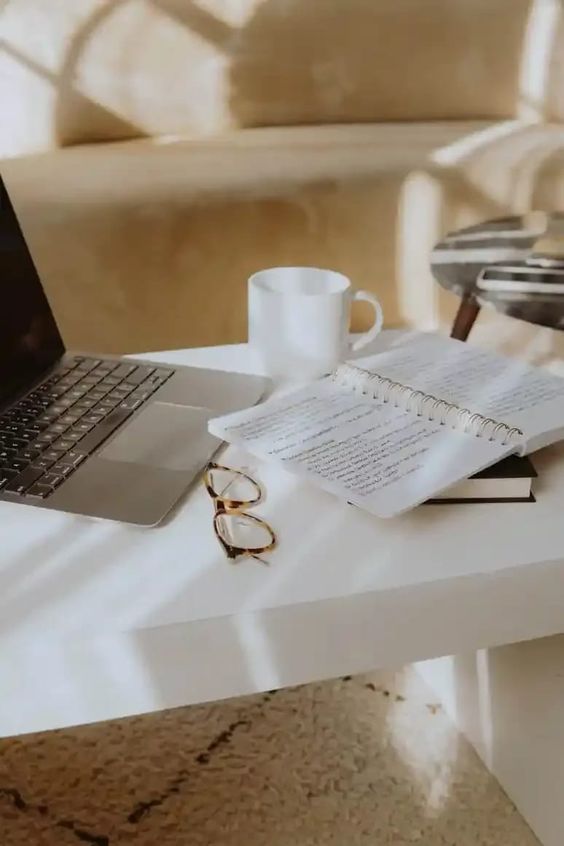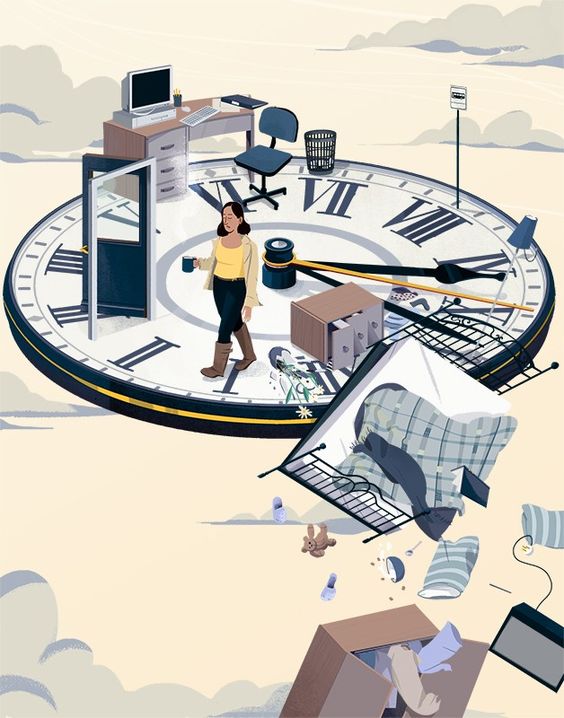

“Too often we underestimate the power of a touch, a smile, a kind word, a listening ear, an honest compliment, or the smallest act of caring, all of which have the potential to turn a life around.” Leo Buscaglia
Empathy
/ˈɛmpəθi/
the ability to understand and share the feelings of another.
In short, empathy involves trying to see something from another person’s perspective. To me, it involves trying to be courteous of somebody else’s feelings, something very important at University when we are all stressed to the eyeballs!
I would suggest that from a personal perspective, being empathic is not something I considered too much previously. When suffering through my lowest moments, I wish more people would have been able to understand why I was having such feelings, but for a long period, it was a time in my life where I felt lonely and isolated.
Thankfully, as I have opened myself up more, and made myself more vulnerable, thrown myself into this field, and shared my personal story, I have had people help me in so many ways. I have had many people show empathy towards my personal circumstances and I have been hugely grateful for this. I have built bonds with friends which is now stronger than ever and sharing our own feelings has become much more ‘normal’, as we have broken down one of the big stigmas surrounding mental health. I have certainly felt the catch line of “its ok not to be ok.”
Now in terms of me showing more empathy towards others, this has naturally developed as I have been in this field. As I share my story, others have come forward and shared their own experiences and we have often been able to bond over such moments, sharing a more mutual understanding surrounding mental health and helping each other overcome their struggles to thrive and succeed to their full potential.
Nevertheless, I would be lying if I said I got this right all the time.
One morning in particular recently, I got a “slap in the face” type of reminder about the importance of showing more empathy. I was sat in a local café, eating my poached eggs on toast, and I could not help but overhear a conversation on the phone of the person sitting next to me (shielded by a breakfast booth wall). This person next to me was clearly distressed, drunk, and venting down the phone. I hate to say it but my immediate reaction and thought process mirrored something along the lines of
“Another waster of society”, “You clearly need to stop drinking” “You need to sort yourself out”
and many other judgmental thoughts, which were a far cry from showing any empathy towards this person. It is also potential thoughts that many others would have had about me at some moment in my youth and during my own time at University.
As the conversation went on, I still did nothing. I continued to eat my breakfast, trying to ignore the conversation and simply enjoy my morning. I was getting ready to leave when this person went past me. We did not make eye contact, nor did any conversation entail, but in that moment, it became apparent that I knew the “face” of this particular person. I did not know of them personally, but I knew of their personal circumstance due to inter-connectedness of the world we live in now via social media. This person’s story is truly heart-breaking.
I do not need to explain such circumstance, but I can tell you in that very moment I had a harsh realization that I had been extremely quick to judge. I had been very quick to make assumptions of this person based on a conversation I was over-hearing, with absolutely no regard for who this person was.
How many times have we done just this? It is likely immeasurable. Where we see someone who is struggling in the library or disengaged during lectures. The majority of the time it is due to difficult circumstances and people are not just “being” that way intentionally.
There is the saying “don’t judge a book by its cover” – but I know I have done this on so many occasions.
Now there was nothing I could do at this moment, but it was a stark reminder to me that you just will never truly understand what somebody else is going through. If I had paused for a moment, not allowed myself to judge, and shown a bit more empathy and compassion I would have certainly felt better for it. Going forward, I know I wont always get this right, and I will likely find myself in such situations again. But it was a stark reminder in the lesson of empathy. I know with a 100% fact, that had I of known this person personally, and they were in such distress, and I had known their circumstances, the reaction would have been completely different. I would have shown more empathy. This just shows that if we just took a few seconds to reflect on our thoughts, our reactions would be much different and we could instead support one another rather than just endlessly judge.
Empathy is not something I had ever even given thought some five years ago. It was not something I knew. From my yo-yo experiences with depression, I can honestly say it hurts. I have always been open and honest, and I explained in my first book that I do not feel I have had bad circumstances in life compared to most, but nevertheless, I have still struggled. More empathy would have definitely helped me and I am sure is something that can help you in your studies too.
I cannot say that this person was “depressed” as that is not my call, but they were clearly having a hard time. The truth is people struggle for a variety of reasons. We all face different challenges. We won’t always understand other people’s feelings. The point is, people can be going through completely different things and experiencing different feelings towards something. I do not know your personal pains, but I imagine that you will have experienced some in life. Therefore, we must be more empathetic where we can and realize that each person has their own story. Unfortunately, I do not feel this is the case all the time as demonstrated with me.
However, as a society we also fail at this so many times. I have heard statements such as “How can they be depressed?” Footballers for example… how can they possibly be depressed when they are on that much money? This has been the case for film stars, royal family and more. “They have everything” … clearly not in their minds… Nobody is exempt.
I once heard James Smith and Paul Mort describing us having situations which are often trying to ‘top trump’ one another. I describe it personally as a ‘depress off’ whereby people can often seem to compare situations. “He doesn’t know what real depression is” is a phrase I have heard before.
The truth is it is not nice for anybody going through these feelings regardless of what situation has caused it. Everybody deals with everything differently, it’s that simple. If there was a simple one solution to ‘curing depression’ then the whole world would be much more at peace, wouldn’t they?
Then on the other hand we often do not help ourselves either. There is something known as ‘comparative suffering’ and it is this notion that we shouldn’t feel the way we do because “there is always someone worse off.” The truth is, there probably is someone worse off, in fact I guarantee it! There is probably a million people worse off, but that still doesn’t stop your situation hurting. When you feel those emotions, you feel it, end of. It is little wonder people are constantly on the search for some form of happiness when they have experienced the opposite side.
As a society we have coined the term “be kind” and this just seems to be a generic phrase thrown around at times. I know in this situation I certainly wasn’t being kind, and I know I have done many things which were a far cry from this. In the future, no doubt I will conduct actions which will be a far cry from such notion. I am not claiming to be perfect in any way shape or form, but I suppose a positive from this situation is that I was able to recognize it, this allows me to work on such skillset.
When I am working with others in my field in person, I can be more empathic as so often I can relate.
“Empathy is about finding echoes of another person in yourself.” Mohsin Hamid
One of my big reasons on why I do this work is that “I do not want others to experience what I went through” and this is a driving factor for me. However, I am still a far cry from a person who shows complete empathy to others at all times. There are definitely things which we can do though to develop this skill.
I felt it was an appropriate time to mention some of the best research and work I have seen within this field. Over recent years, there has been a lot more research which highlights a huge correlation between trauma and mental health, drug addiction and more. I will not go into all the research regarding this, however, from a personal perspective I have seen how trauma has impacted my best friend and his challenges with his mental health and drug addiction. With students having some of the highest rates of addiction in the country most likely down to stress and overwhelm where they look for an escape, it is extremely important to have empathy towards others as you too do not know what they might be going through.
One of the key things we can do when it comes to being more empathetic and understanding mental health more is shifting our language. Depression is caused for a range of reasons. When we start to uncover them, that’s when we can start to do the real work on it. I read a book labelled “What happened to you” by Oprah Winfrey. In summary, such a small change in language allows us to help really uncover the deeper reasons why someone might be struggling. In the example I have listed above, had I of stopped my judgement and asked this question, I would have got a much deeper perspective of this persons struggles and it would have certainly changed my whole approach.
“What happened to you” changes the narrative from there is something wrong with this person, to one that understands that as humans we all have challenges. There are other slight changes in language which I feel can serve us day to day.
For example:
“What’s the matter with you” > “What matters to you”
“Just get on with it” > “Would you like to talk about it”
These certainly would have helped me.
Sometimes rather than just talking “mental health”, talk “emotional health”, try to understand why someone may be experiencing such emotions.
I remember one day receiving a text from my cousin and he explained that I should write a chapter in my next book to try and help people understand how they may help others who are going through a challenging moment. This borders closely along the lines of empathy. I am no expert when it comes to coaching empathy. I am no expert in demonstrating it on all occasions. On this this day my cousin text, he had had stopped on his dog walk and sat with someone clearly struggling. When he left, he felt “he could have done more” and seemed to want more answers.
What I explained to my cousin was that, although he didn’t have all the answers (As none of us do, otherwise we would all live in harmony) I have no doubt, that him taking the time to stop and listen to this other person’s issues, and offer an act as simple as listening, he will have helped this person no doubt. In my example circumstance, although I could not ‘fix’ the pain of this individual, they clearly wanted to be heard and would have benefited from someone listening. It might never have been enough, and it wont always be. I have lost friends to suicide and being in this field, this hurts a lot. I always question myself, like my cousin, I often think “could I have done more.” In some circumstances, you cannot do more, and even the ‘experts’ do not always get it right, sometimes tragic circumstances of suicide will still prevail. However, there are most certainly little things that we can start doing as a society that can help. I obviously hope that my work and my experience can help with this. From a personal perspective, working on empathy is a start, and I think it is something we can all learn to do more often.

“Be kind, for everyone you meet is fighting a hard battle.” Plato
These words are most certainly true. Whilst we may be often pushing the image of “perfection” across our society and within social media. The statistics and things that I have witnessed since doing this work certainly pose a different picture. We will never get this perfect, however, we can most certainly keep trying to get better. It may be yourself who one day finds yourself “just wanting to be heard.”
The next time you find yourself quickly jumping to a judgement or a conclusion about a particular person (like I did), try to stop for a second. Try to understand what they might be going through and how you would like to be treated if it was you in this experience.
If we do this, it will certainly allow us to be more empathetic and I would argue that both parties would get some form of mutual benefit from it. You will feel better and you could just really help this person.
Use the lesson above and come together to build a community within your college or university where we look out for each other rather than judge each other. One of Semester’s key goes is to bring you more fulfilment in what you do and one way we can help more people get that is by creating a community of students who want to support one another and help us all to thrive and succeed to our full potential.
As always, if you found this useful please like and share with your friends and build the Semester community so that we can transform student wellbeing and personal growth.
#LetsGrowTogether
Share this post
Related Post


Harnessing the Power of Planning: A Strategic Tool for Overcoming ADHD Challenges in Study
In recent years, Attention Deficit Hyperactivity Disorder (ADHD) diagnoses have seen a significant uptick across the globe, with the UK

Navigating the Winter Academic Chill: Strategies for Student Success
As winter blankets the world in a chilly embrace, students find themselves facing a unique set of challenges. The final

Time Management Tips for Students: A Successful Year Ahead
Introduction: Time management is a critical skill for students to master. Effective time management can make the difference between a



